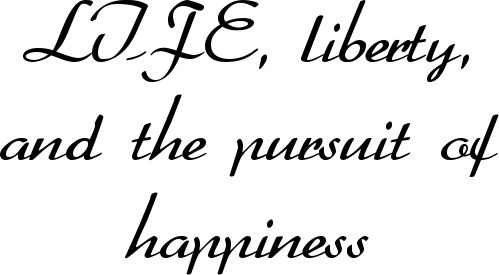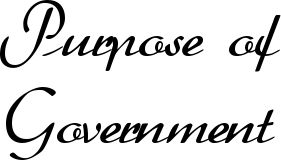| -------------------------------------------------------------------------------------------------------------------------------------------------------------------------------------------------- | |||
 |
|
Dias, M. Beatrice, Leonardo Reyes-Gonzalez, Francisco M. Veloso, and Elizabeth A. Cashman. "Effects of the USA PATRIOT Act and the 2002 Bioterrorism Preparedness Act on Select Agent Research in the United States." PNAS. 9 Apr. 2010. Web. 17 Apr. 2011. <http://0-www.pnas.org.sculib.scu.edu/content/107/21/9556.full>.
|
This article provides, in detail, the results of the Patriot Act. It asks specific questions about how national security has improved as a result of the law. I will be able to use this to address specific issues in regards to the effectiveness of the Patriot Act. |
Matz, Chris. "Libraries and the USA PATRIOT Act: Values in Conflict." EBSCOhost. Routledge, 2008. Web. 17 Apr. 2011. <http://0-web.ebscohost.com.sculib.scu.edu/ehost/detail?sid=7f28b52f-2eec-4c28-ba07-44b8e8ad95ba%40sessionmgr104&vid=5&hid=126>. |
This article provides a summary of the battle between US public libraries and the federal government over the distribution of National Security Letters, or NSL’s to libraries. The libraries eventually won, but the battle in itself is something I can use to demonstrate how the Patriot Act can possibly be changed or amended |
Perine, Keith. "Bush-Era Terrorism Law Gets Obama-Era Support." CQ Weekly. 1 Feb. 2010. Web. 17 Apr. 2011. <http://0-library.cqpress.com.sculib.scu.edu/cqweekly/document.php?id=weeklyreport111-000003287624&type=hitlist&num=0&>. |
This article is about the fact that opposed to popular belief, the new democratic regime has supported the Bush-era privacy laws, known as the Patriot Act. This article also gives a basic, comprehensive description of the Patriot Act. This understanding will allow me to give knowledgeable insight to the conversation, as well as help me form my own opinion on the issue. |
Ridge, Tom. "Using the Patriot Act to Fight Terrorism." Congressional Digest. Nov. 2004. Web. 17 Apr. 2011. <http://0-web.ebscohost.com.sculib.scu.edu/ehost/pdfviewer/pdfviewer?vid=5&hid=126&sid=7f28b52f-2eec-4c28-ba07-44b8e8ad95ba%40sessionmgr104>. |
This article was written by the Secretary of Homeland Security. It describes the reasoning, from the government’s point of view, for enacting the Patriot Act. It shows the government’s thought process and what they truly prioritize. I will use this article to mold my position and to analyze why the government chose its position. |
| Ripberger, Joseph T. "Whither Civil Defense and Homeland Security in the Study of Public Policy? A Look at Research on the Policy, the Public, and the Processpsj_389_6." PSJ. Wiley Periodicals, 2011. Web. 17 Apr. 2011. <http://0-web.ebscohost.com.sculib.scu.edu/ehost/pdfviewer/pdfviewer?vid=6&hid=126&sid=7f28b52f-2eec-4c28-ba07-44b8e8ad95ba%40sessionmgr104>. | This article outlines the government’s overall thought process in regards to homeland security. It separates the issue into three categories: policy, the public, and the process. It shows what priority the government puts on each category as well. |
| Sandler, Michael. "Foes Draw Doctors to Their Cause." CQ Weekly. 19 Sept. 2005. Web. 17 Apr. 2011. <http://0-library.cqpress.com.sculib.scu.edu/cqweekly/document.php?id=weeklyreport109-000001866852&type=hitlist&num=1&>. | This article outlines a potential flaw with the Patriot Act, and invasive security in general. Patients are weary of completely divulging information about their illnesses to their doctors because they fear the government will look at their medical records. Doctors fear this could lead to potential fatalities. |
| -------------------------------------------------------------------------------------------------------------------------------------------------------------------------------------------------- | ||||


